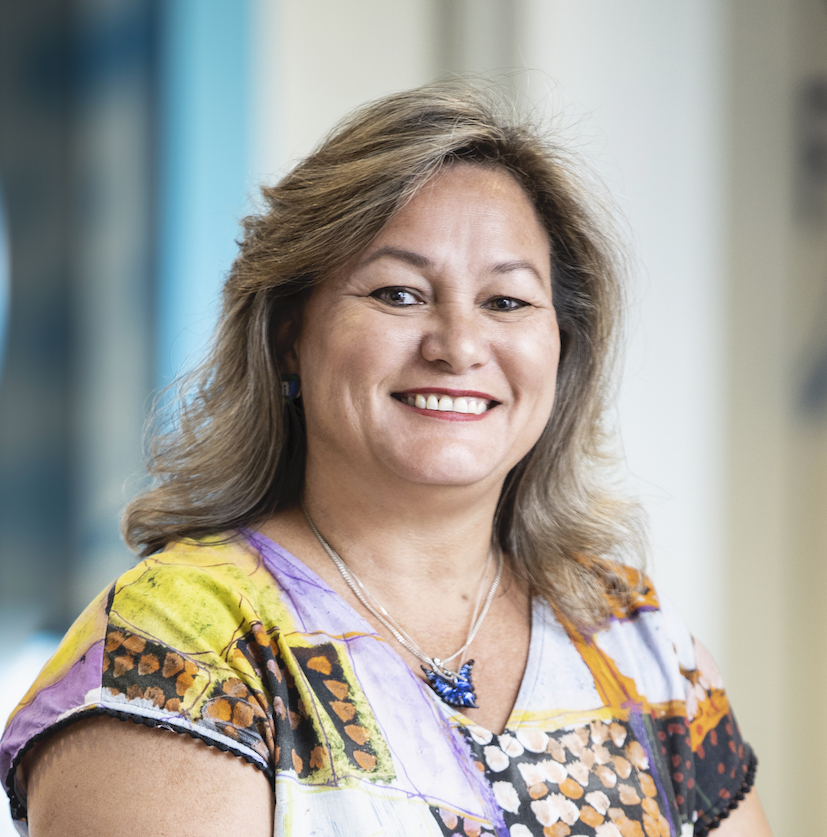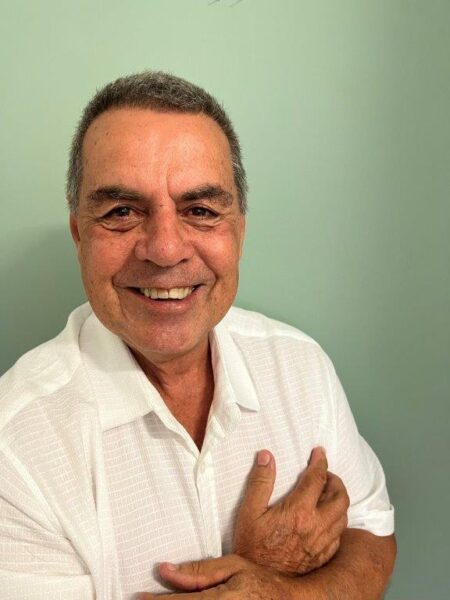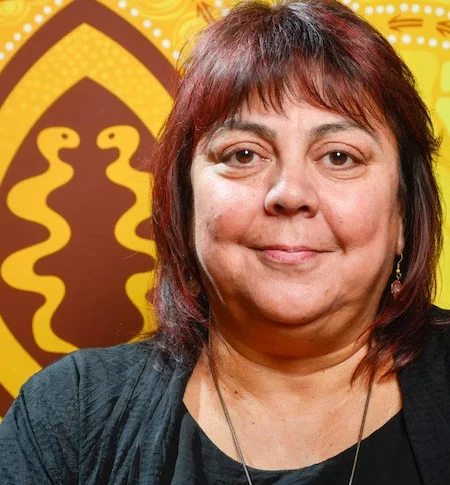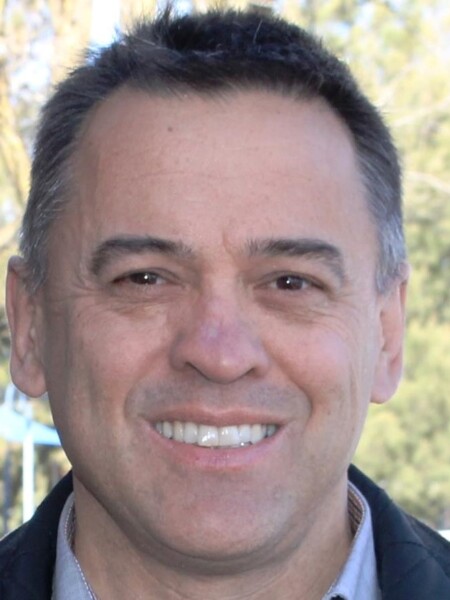The Coalition of Peaks and COAG, we have heard, are only a few short months away from delivering a new agreement to replace the National Indigenous Reform Agreement in the Closing the Gap Refresh. I am hopeful that this change will see Australian governments adopt new ways of working, with Aboriginal and Torres Strait Islander Peoples in the driving seat.
I have 100% faith that our Aboriginal and Torres Strait Islander leaders will continue to fight for this, because this is what they have always done.
I have less faith in governments to adjust policies and process based on what our mob are saying. History tells us our national and jurisdictional governments prefer to do the telling and less of the listening. My reservations were heightened when I heard that Aboriginal and Torres Strait Islander leaders who have been asked to help design the voice to Parliament are barred from pursuing constitutional reform – our only protection against a government dissolving or restricting the voice. Repeat, ATSIC.
Closing the gap in eye health
Closer to home for me professionally, the Government has yet to commit any funding to the Strong Eyes, Strong Communities: Five year plan for Aboriginal and Torres Strait Islander 2019-2024. The Plan was developed by the eye health and vision care sector at the request of the Government, with guidance from Aboriginal and Torres Strait Islander Peoples. It is a comprehensive plan, which if followed, will help to close gap in eye health.
Resisting despair, colleagues and I discuss what other options are out there. We can’t simply stop working because governments fail to fund the demonstrated need sufficiently.
We are slowly closing the gap in eye health. In 2016, the prevalence of blindness for Aboriginal and Torres Strait Islander Peoples fell to three times that of other Australians, down from ten times in 1980. But there is still plenty of work to be done and the eye care sector have an incredible opportunity to make a difference.
Australia is the only developed country in the world with endemic trachoma, and it exists only in central Australian Aboriginal communities.
Blinding cataract is 12 times more common amongst our mob than other Australians. Yet, only 59 per cent of Aboriginal and Torres Strait Islander Peoples who need cataract surgery will get it, compared to 89 per cent of other Australians.
The Fred Hollows Foundation recently launched its Indigenous Australia Strategy 2020-2024, which continues to build on the work started by Fred and the National Trachoma and Eye Health Program back in the 70s and sets out our biggest ever investment in Aboriginal and Torres Strait Islander eye health. At the heart of this strategy is our commitment to self-determination: we know that to close the gap in eye health, Aboriginal and Torres Strait Islander Peoples must lead the design and delivery of services. We will continue our strong record of working and partnering with Aboriginal Community Controlled Health Services (ACCHS).
I am also interested in the role that industry and the private sector can play. Done well, Shared Value Partnerships between the private sector and ACCHS can facilitate genuine two way learning opportunities whilst contributing to closing the gap.
I think these kind of partnerships can help solve some of the complex issues faced when attempting to scale up the services needed to meet population needs.
ACCHS leading the work in partnership with the private sector
ACCHS are leading the way when it comes to the provision of services for Aboriginal and Torres Strait Islander Australians. It’s been shown that eye health outcomes are better for those that can access their eye care through their ACCHS.
These proven results combined with those that are prepared to innovate and to positively disrupt the norm can help to find those solutions to those complex issues faced by communities in accessing eye care.
84 per cent of ophthalmologists’ time in Australia is spent in the private health sector. However, we know that access to private health insurance is a key challenge for our mob, and that cost is often cited as a barrier to accessing specialist care.
We also know that the eye health care system does not work for people, requiring multiple referrals, multiple waitlists, and multiple specialists. This makes it difficult for Aboriginal and Torres Strait Islander Peoples to stay engaged in the eye health care pathway, and get the treatment they need, when they need it.
Private secondary and tertiary health providers have an opportunity to partner with ACCHS, taking their lead in how to co-design better patient pathways for Aboriginal and Torres Strait Islander Peoples to access culturally responsive eye health care at the right time and place. Private providers can provide necessary investment to test and implement ACCHS led approaches. These pathways from primary to tertiary are relevant to a range of specialist services. But it’s vital that all this starts with listening and responding to the leadership of ACCHS in each community.
An ongoing commitment to closing the gap should also include a commitment to bulk bill Aboriginal and Torres Strait Islander clients, especially in eye health, where the majority of the workforce is in the private sector.
These types of partnerships should supplement essential, core government funding to ACCHS, not replace it. Private providers must also be responsive to ACCHS identified needs and opportunities, and respectful that these types of partnerships may not suit, or be of interest to, all ACCHS and contexts.
It’s not just private health care providers that can contribute. Every business can develop and implement a Reconciliation Action Plan and channel good intentions into positive actions by partnering with Aboriginal and Torres Strait Islander organisations and communities, and contribute to their needs and priorities in a respectful, sustainable and mutually beneficial way.
The private sector can also support Aboriginal and Torres Strait Islander leaders and call for government accountability and commitment to closing the gap. A great place to start is by registering and hosting a National Close the Gap Day on 19 March 2020, to show that your organisation values health equality as a fundamental right for all. Look out for the national event, hosted at Tharawal Aboriginal Medical Service, and share the Close the Gap Campaign’s annual report that will launched on this day.
We’re stronger together, and everyone can do their part to close the gap in health outcomes.
[Special acknowledgement to The Fred Hollows Foundation, especially the Indigenous Australia Program (Shaun, Jen and Tennille), and to NACCHO].




